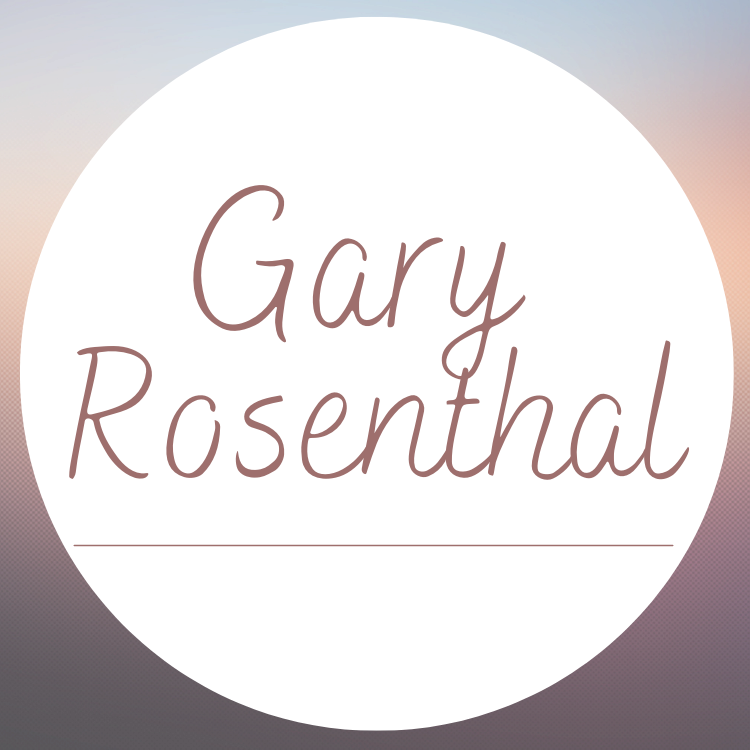Dana Paramita
for Steven Rosenthal
The Buddhist monk's broad-brimmed hat protects his shaved head from the sun; and pulled down over his face, may ease something in the transaction when he goes to seek alms, or a donation of food.
The face partially shielded from view has left its persona behind--though in another sense, his hat and monk's garb functions as a kind of mask, that enables him in an almost shamanic way to bring blessing to the world, the blessing of his original (and in a sense faceless) self.
To give to the monk is to give to the dharma--just as the monk has given his whole life over to it. On either side of the transaction something is being relinquished. Yet in this relinquishment, each are giving themselves over to a deeper nature. This is dana paramita, the virtue of generosity.
There seems an original generosity alive in the world, one that is often unrecognized. Every breath we take, where does it come from? What is the source of apples—or love?
Our true nature is naturally generous--as well as being spacious, cognizant, and undivided. The mind's essence exists in an unbounded and timeless way. Yet "with time," we can learn to trust in it, to surrender to it, to give ourselves over to it, again and again. And like a good mother it is here for us, whether we notice its beneficence or not. And not only can we learn to trust in it, but in fact not trusting in it was something we had to learn.
*
In this regard, I have a memory of my brother from when he was four years old and I was seven. We had just moved into a new neighborhood, and he must have been hungry, and possibly lost--for he knocked on the door of a house at the end of the street, and asked the stranger who came to the door for a piece of cheese.
I remember laughing at him--we all did--as this story became known and repeated. We laughed at the innocence that hadn't yet learned "you can’t just knock on a stranger's door and ask for cheese."
We laughed at the presumption of a four year old's world view, as if the world were the kind of place that could be counted on to support our basic needs. We laughed at that presumption of related-ness, that seemed to understand the whole world as a kind of extended family, such that it didn't matter which door you knocked on if you were hungry. We laughed--we who saw ourselves as particular persons, who could only be fed at our particular house, on our particular street.
My brother was not a homeless person--or a monk. He was a four year old, and he got the cheese. Everyone laughed about it--and slowly that presumption of essential generosity was lost.
But when I think of my brother, and who he has become, I like to remember him at four. I like to remember what (even as a seven year old myself) I could recognize as his innocence--that he possessed something then that felt more authentic and genuine than what (in my adapting) I had already learned to become.
But there's good news here, not just a nostalgia of loss.
And the good news is that the innocence--or something akin to it--can be re-found, over and over. Each time we let go of our clinging, the original generosity of the Universe seems to open a door--space itself opens and we are fed, given back a portion of vastness.
And though letting go of our clinging seems to open the door, the truth is, it has never been shut...
